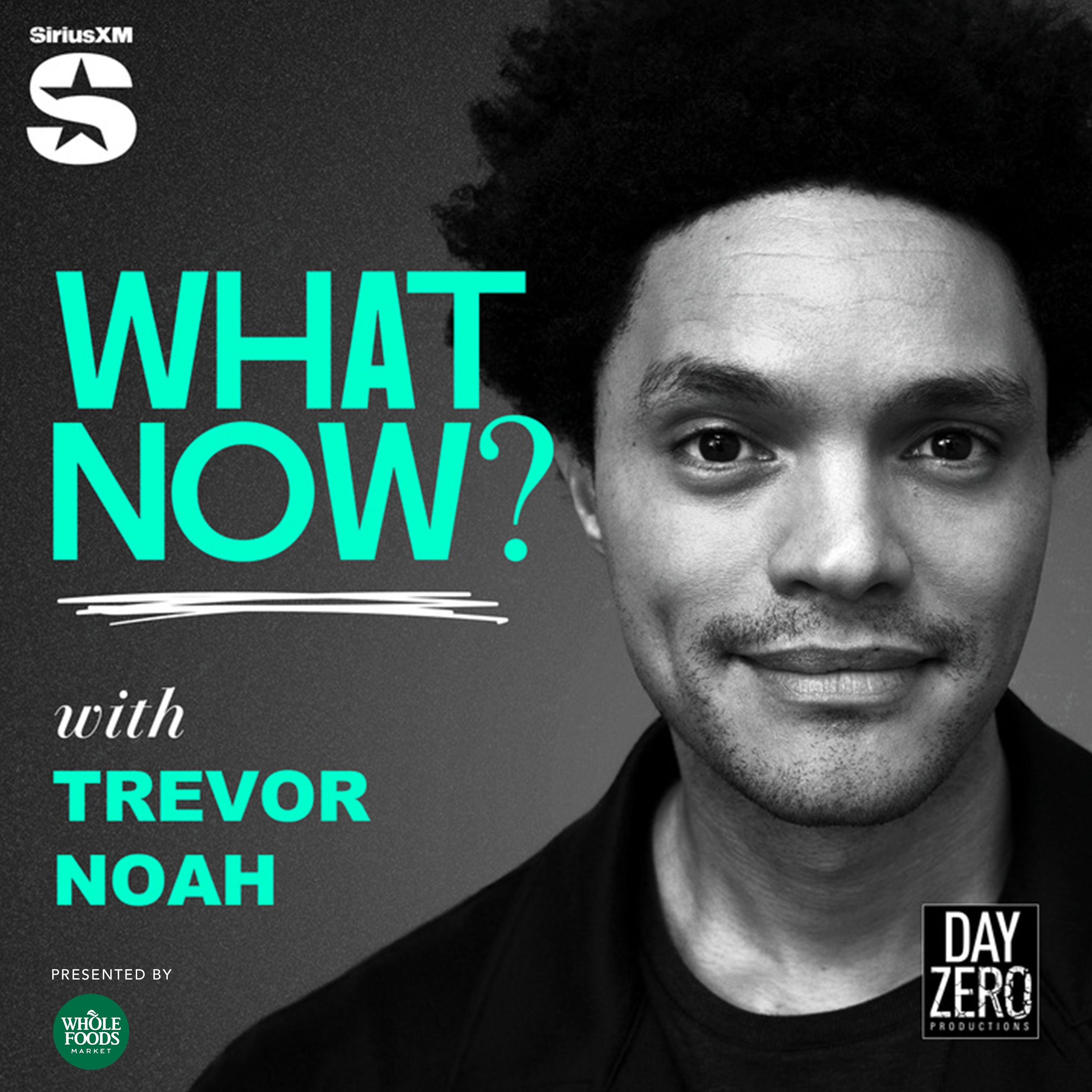Roy Wood Jr. Gets Real About Fear, Fame, & Fatherhood
Roy Wood Jr., Trevor, and Eugene delve into Roy’s journey from growing up with an absentee father to becoming a father himself, and how writing his memoir helped him understand what fatherhood really means. The three also discuss how life’s circumstances have shaped their world view and comedy.
Press play and read along
Transcript
Transcript is processing—check back soon.
What Now? with Trevor Noah — Roy Wood Jr. Gets Real About Fear, Fame, & Fatherhood
